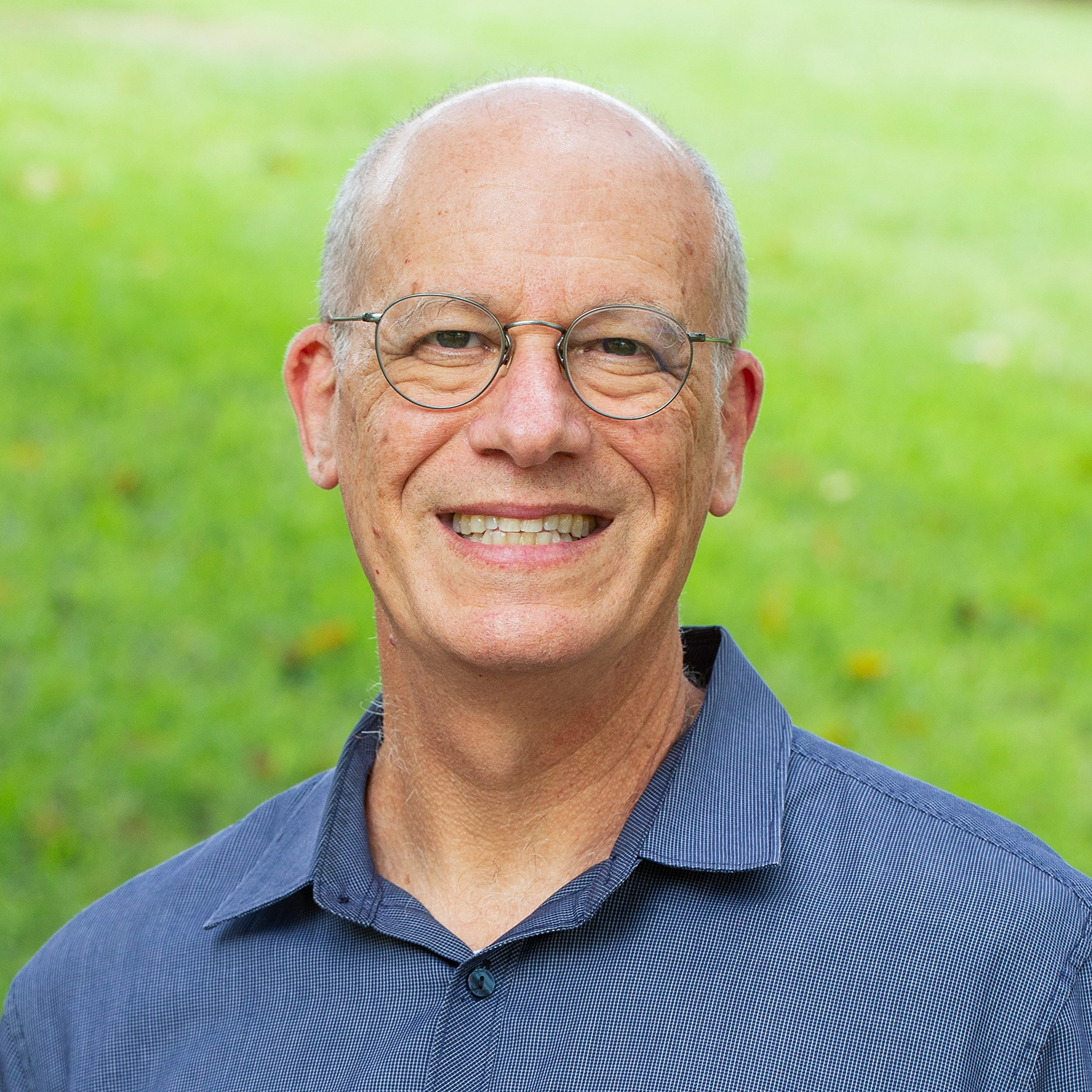
John Rogers
1041 Moore Hall
457 Portola Plaza
Los Angeles, CA 90095
Accepting Advisees for AY 26-27?
John Rogers
Associate Dean for Research/Public Scholarship; Professor
John Rogers is a Professor of Education and Associate Dean for Research and Public Scholarship in the UCLA School of Education and Information Studies. He also serves as the Director of UCLA’s Institute for Democracy, Education, and Access. Rogers studies issues of democracy and education, and has written widely about the role of students, parents, and school leaders in educating toward a multiracial democracy. His current research examines the effects of political conflict on public education and leadership strategies for responding to this conflict. Professor Rogers’ research is regularly featured in local, state, and national media and he produces a weekly newsletter, Just News, that highlights important issues related to education and social justice. He is the co-author of Learning Power: Organizing for Education and Justice and co-editor of Public Engagement for Public Education: Joining Forces to Revitalize Democracy and Equalize Schools. John Rogers is the recipient of the American Educational Research Association’s Presidential Citation. He received his Ph.D. in Education from Stanford University and his B.A. in Public Policy and African American Studies from Princeton University.
Departments
Programs
Areas of Expertise and Advising Interests
Research Centers
Other Affiliations
Titles and Positions
- Professor of Education
- Associate Dean for Research and Public Scholarship
- Director, UCLA’s Institute for Democracy, Education, and Access
- Co-Faculty Director, UCLA’s Principal Leadership Institute
Education
- Ph.D. in Educational Administration and Policy Analysis, Stanford University
- B.A. in Public Policy and African American Studies, Princeton University.
Awards, Honors and Fellowships
- American Educational Research Association, Division L (Education Policy and Politics), “Outstanding Short Policy Report Award,” 2025.
- UCLA Ed&IS Greenfield Award, research to improve elementary and secondary learning, 2021.
- Presidential Citation, American Educational Research Association, 2016.
- Mover and Shaker Award, The Southern California Library for Social Studies and Research. 2004.
- Equality in Education Award, The American Civil Liberties Union of Southern California. 2001.
Select Publications
- Kahne, J., Rogers, J., & Kwako, A. (2025). The New politics of education and the pursuit of a diverse democracy. AERA Open. 11.
- Rogers, J., Shand, R., White, R., Kahne, J., with Stern, S., Castro, C., & Yoshimoto-Towery, A. (2024). The Costs of Conflict: The Fiscal Impact of Culturally Divisive Conflict on Public Schools in the United States. Los Angeles, CA: UCLA’s Institute for Democracy, Education, and Access. School of Education.
- Kwako, A., Rogers, J., Earl, J., Kahne, J. (2023). “Principals’ responses to gun violence protests: Deter, manage, or educate for democracy?” Teachers College Record. 125:2:131-77.
- Rogers, J. (2022). “Educating for democracy in contentious times.” In Marcelo Suarez Orozco & Carola Suarez Orozco, eds. Education: A Global Compact for a Time of Crisis. Columbia University Press.
- Rogers, J. and Kahne, J. with Ishimoto, M., Kwako, A., Stern, S.C., Bingener, C., Raphael, L., Alkam, S., & Conde, Y. (2022). Educating for a Diverse Democracy: The Chilling Role of Political Conflict in Blue, Purple, and Red Communities. Los Angeles, CA: UCLA’s Institute for Democracy, Education, and Access.
- Pollock, M. and Rogers J., with Kwako A., Matschiner, A., Kendall, R., Bingener, C., Reece, E., Kennedy, B., & Howard, J. (2022). The Conflict Campaign: Exploring Local Experiences of the Campaign to Ban “Critical Race Theory” in Public K-12 Education in the U.S., 2020-2021. Los Angeles, CA: UCLA’s Institute for Democracy, Education, and Access.
- Rogers, J. (2019). “Education for ‘not being duped’ in an era of fake news: Insights from John Dewey and Paulo Freire.” In Carlos Torres ed. The Wiley Handbook of Paulo Freire.
- Kahne, J., Rogers, J., & Kwako, A. (2021). “Do Politics in Our Democracy Prevent Schooling for Our Democracy? Civic Education in Highly Partisan Times.” Democracy and Education. 29(2).
- Rogers, J., Ishimoto, M., Kwako, A., Berryman, A., Diera, C. (2019). School and Society in the Age of Trump. Los Angeles, CA: UCLA’s Institute for Democracy, Education, and Access.
- Rogers, J., & Westheimer, J. (2017). “Teaching About Economic Inequality in a Diverse Democracy: Politics, Ideology, and Difference.” PS: Political Science & Politics. 50(4), 1049-1055.